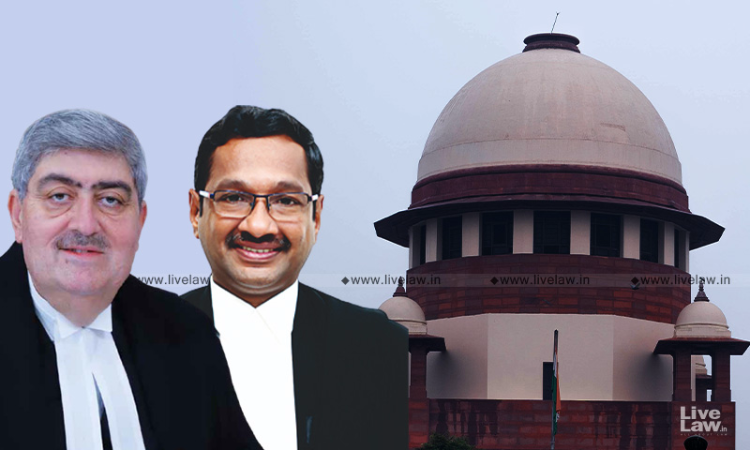Arbitration - 2015 Amendment Won't Apply To Section 34 Applications Filed Prior To It : Supreme Court
LIVELAW NEWS NETWORK
11 Nov 2021 7:29 PM IST

Next Story
11 Nov 2021 7:29 PM IST
The Supreme Court has held that the 2015 amendment to Section 34 of the Arbitration and Conciliation Act 1996 will apply only to Section 34 applications that have been made after the date of the amendment. "Section 34 as amended will apply only to Section 34 applications that have been made to the Court on or after 23.10.2015, irrespective of the fact that the arbitration proceedings may...
